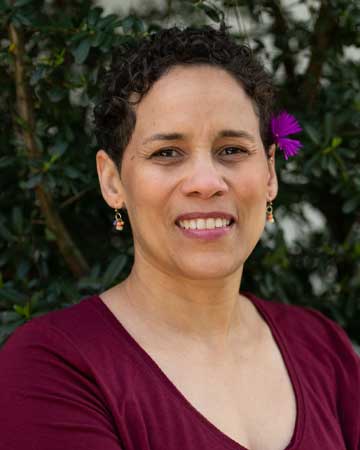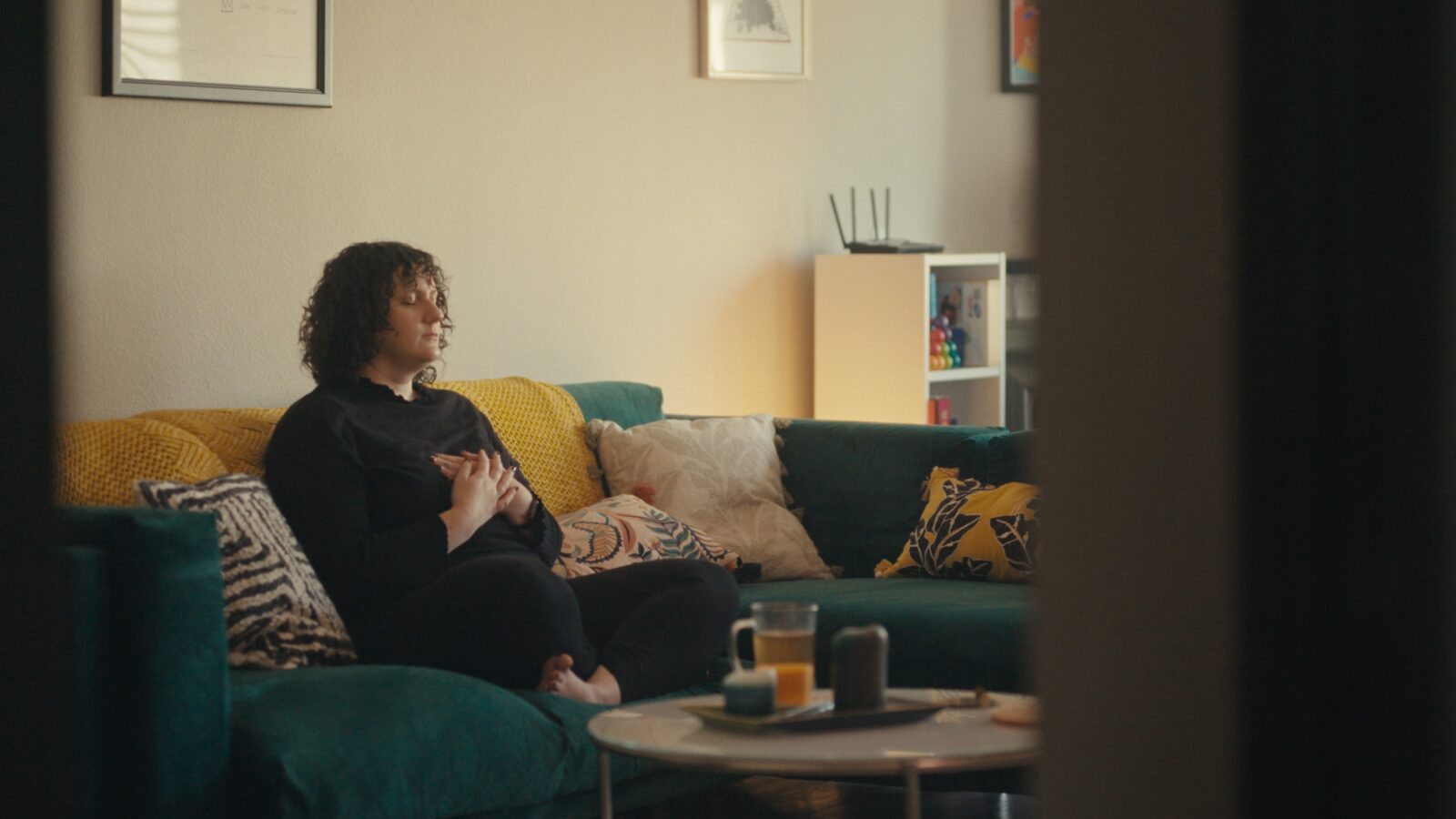After enduring five miscarriages, Mary, an art school graduate struggling to build her career, fell into a severe depression. Then, while grieving her fifth miscarriage, she was diagnosed with breast cancer at the age of 35. The film, “A Journey Through Grief”, recounts Mary’s remarkable story of loss and her discovery of the life-saving practice of “sacred self-care” that she developed in order to cope. The film is part of TakeCare, a national initiative rooted in science that provides the reflection, motivation, and implementation to inspire people to create health and well-being in their lives.
As a researcher of grief and loss at the University of Missouri, I was pleased to serve as a Health Advisor on this film. While her circumstances are personal to her, Mary’s story reflects a universal human experience and offers important tools for each of us as we face the inevitability of loss, change, and grief at some point in our lives.
Coping with loss through community support
Like many people faced with bereavement, Mary experienced immense pain and sadness. Several factors further complicated and challenged her ability to cope. Mary had multiple miscarriages and thus was confronted with multiple losses of the ability to have a child and to be a parent. She also encountered threats to her own mortality when diagnosed with cancer. Mary realized that her coping resources were impacted by each loss. In an effort to reduce the constant pain of loss, like many others, she first turned to the easiest and most accessible means – wine and pills. In a broader society that often avoids or discourages discussions of death, some people may seek less safe ways to cope in an attempt to numb the pain.
Fortunately, Mary was able to benefit from community support. She was able to share and hear stories from cancer survivors and trusted friends, which further broadened her repertoire of coping options and offered hope for survival. It is normal to raise questions around loss like – ‘Why me?’ However, with the passage of time, Mary was also able to offer herself compassion and create space for exploring her own identity and discovering a sense of well-being amid her loss. She was able to find meaning from her losses – “What is this trying to teach me?” She realized that cancer was showing her, “You have to take care of yourself.”
Many people, especially women, are socialized as children, to be caregivers and to care for themselves last, or not at all. They are often expected and even pressured to put the health of their children, partners, and parents ahead of their own – even when their health is at-risk. Without self-care, it’s impossible to care for others.
Sacred self-care
Mary soon embraced what she calls “sacred self-care,” which she described as “anything that nourishes mind, body, and spirit.” She began meditating every morning for 10 minutes. Research shows that mindfulness practices, like meditation, can help people with loss and grief. Her morning meditation offered non-judgmental space and was a time when she could process her losses and life transitions. Mary also spent time in nature, which has been shown to support overall emotional health. These newly established self-care practices allowed her to be with her pain and her joy and eventually establish new habits and see a new future for herself. She also returned to a familiar passion utilizing art to help process and express her feelings and thoughts. Art was an avenue to express her feelings and inspire others who were grieving.
Self-Compassion
Mary also learned to allow herself compassion. We tend to talk about “fighting” or “beating” disease, especially cancer, but self-compassion is an act of self-love. You cannot control a miscarriage or a cancer, but you do have the power to care for yourself. Mary didn’t try to brush away her grief or push herself to “get over it” as our culture often suggests. She took the time she needed to experience what she was feeling and to process her thoughts and reactions without forcing herself to get right back to daily life or put on a happy face. This is crucial, and it’s something I often reinforce with those who are grieving: you have the right to grieve, the right to take the time you need, and the right to grieve in your own way. I also remind people that while it’s natural to want to return to “normal” or to your “old self,” loss inevitably changes us.
You can read this blog on TakeCare.

Tashel Bordere, PhD, is an Assistant Professor of Human Development and Family Science and State Extension Specialist in Youth Development at the University of Missouri-Columbia. She currently serves as Board Member of the National Alliance for Grieving Children, and is a Certified Thanatologist (Death, Dying, and Grief).


